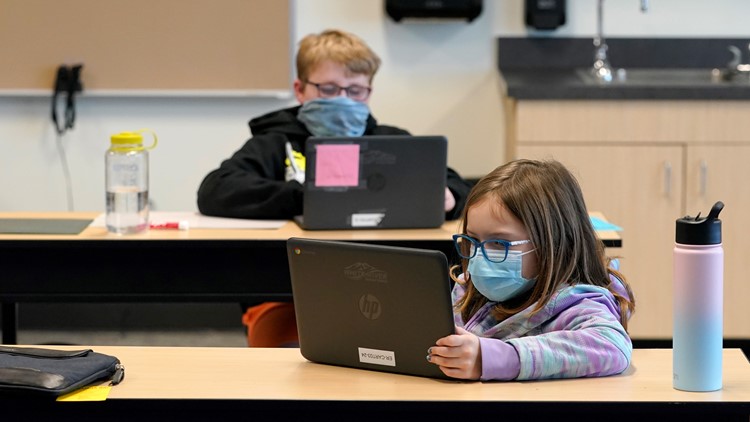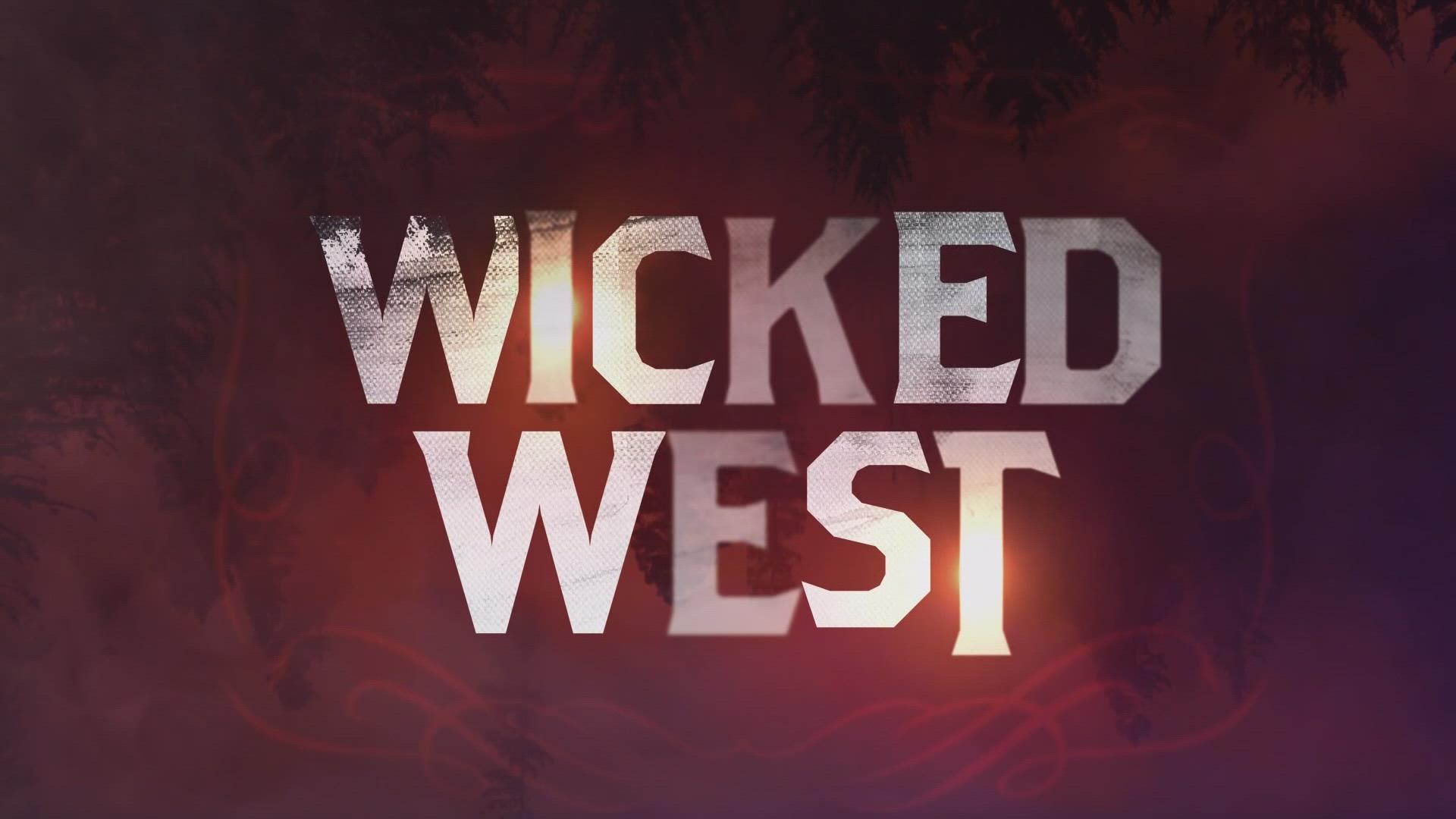The back-to-school season is a time of excitement and stress for many families. The start of a new school year has never been more uncertain than in 2021 as the COVID-19 delta variant surges.
So, how do you talk to your kids about expectations for the upcoming school year?
In this episode of the Mindful Headlines podcast, Dr. Neeru Bakshi, medical director at Eating Recovery Center of Washington and an expert in the field of adolescent psychiatry, helps parents navigate conversations with their children about starting a new school year amid the pandemic.
In the podcast, Bakshi outlines ways to talk to your kids – in elementary, middle and high school – about adhering to the new rules, preparing for changes in learning, social anxiety surrounding being back in the classroom and vaccines.
Regarding mask-wearing, Bakshi said, “I think there is some normalcy that kids have gotten with wearing their masks, but I think it really is this reiteration of why it’s important and why it is that we’re doing that.”
Bakshi works with children on a regular basis but is also a mom.
“I’ve got two elementary-aged kids and I know that they’ve just been missing out on so much for the last year and a half. So, I’m pretty excited for them to be back in person, seeing their teachers in person and seeing their friends,” said Bakshi.
Bakshi said going back to in-person learning is especially critical for middle school-aged students.
“Middle schoolers are in the phase of trying to figure out who they are, their identity and how they relate to the world," Bakshi said. "There’s a lot of impact and influence that their peers have on that, so there’s a really big importance for middle schoolers to be back in person because that social signaling is even more important for them and how they interact with their outside world.”
Resources for parents
Previous episodes
Washington's trailblazing Black senator is shaping the conversation on foster care and mental health
"Mindful Headlines" is a news podcast about the Pacific Northwest that explores how our psychology intersects with current events.
The way we interact with our world is influenced by the way we perceive the world. In turn, our collective minds shape the issues that make headlines in our local communities and nationwide.



